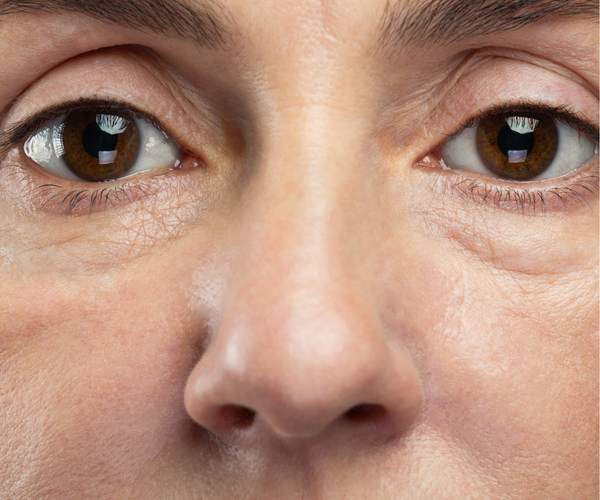Coconut Oil: Your Secret Weapon for Healthy, Glowing Skin

What is Coconut Oil?
Coconut oil, extracted from the kernel of mature coconuts, has been a staple in beauty and skincare routines for centuries. Its unique composition, rich in fatty acids like lauric acid, capric acid, and myristic acid, is what gives it its remarkable properties for skin health. Unlike many other oils, coconut oil is easily absorbed into the skin, making it an effective moisturizer without leaving a greasy residue.
Why is Coconut Oil Good for Skin?
The benefits of coconut oil for skincare are numerous, contributing to a comprehensive skin care routine for achieving clear skin and glowing skin. Here's why it's become a popular choice:
- Deep Hydration: Coconut oil's fatty acids effectively penetrate the skin's barrier, providing deep hydration and reducing dryness. This is especially beneficial for those with dry or mature skin.
- Antibacterial and Antifungal Properties: Lauric acid, a prominent component of coconut oil, possesses potent antibacterial and antifungal properties, which can help combat acne-causing bacteria and reduce inflammation associated with skin conditions.
- Wound Healing: Coconut oil's anti-inflammatory and antimicrobial effects can promote faster wound healing and reduce scarring. Its moisturizing properties also help to keep the skin supple and protected during the healing process.
- Protection Against Sun Damage: While not a substitute for sunscreen, coconut oil offers some protection against UV rays. However, it's crucial to use a broad-spectrum sunscreen with a sufficient SPF for optimal sun protection.
- Antioxidant Properties: Coconut oil contains antioxidants that can protect the skin from damage caused by free radicals, contributing to youthful-looking and glowing skin.
- Reduces Skin Irritation: The moisturizing and anti-inflammatory effects of coconut oil can soothe irritated skin and reduce redness, making it suitable for conditions like eczema and psoriasis.
Incorporating Coconut Oil into Your Skincare Routine
There are various ways to incorporate coconut oil into your skin care routine for achieving healthy skin:
- Moisturizer: Apply a small amount of coconut oil to your face and body after showering or cleansing. It can be used as a standalone moisturizer or layered under other products.
- Makeup Remover: Gently massage coconut oil onto your face to remove makeup, then rinse with warm water.
- Hair Mask: Apply coconut oil to your hair as a deep conditioning treatment, leaving it on for 30 minutes to an hour before washing.
- Lip Balm: Use coconut oil as a natural and moisturizing lip balm to keep your lips soft and hydrated.
Choosing the Right Coconut Oil
When selecting coconut oil for skincare, opt for extra virgin, unrefined coconut oil. This type retains the most beneficial nutrients and antioxidants. Avoid refined coconut oil, which may contain harmful chemicals.
Conclusion
Coconut oil is a versatile and effective natural remedy for achieving healthy skin, clear skin, and glowing skin. Its unique properties offer a range of benefits for various skin types and concerns. By incorporating it into your skincare routine, you can experience the transformative effects of this natural wonder. Remember, consistency is key to achieving optimal results. Consult with a dermatologist if you have specific skin concerns or conditions before making significant changes to your skincare routine.




